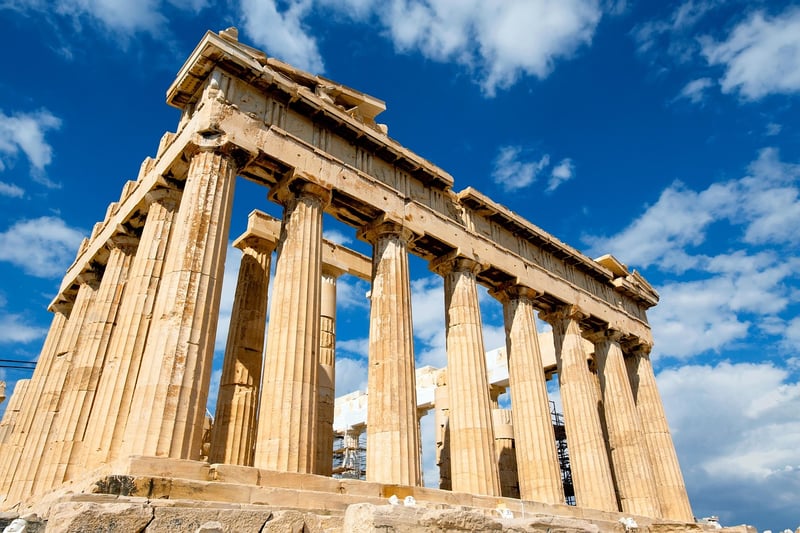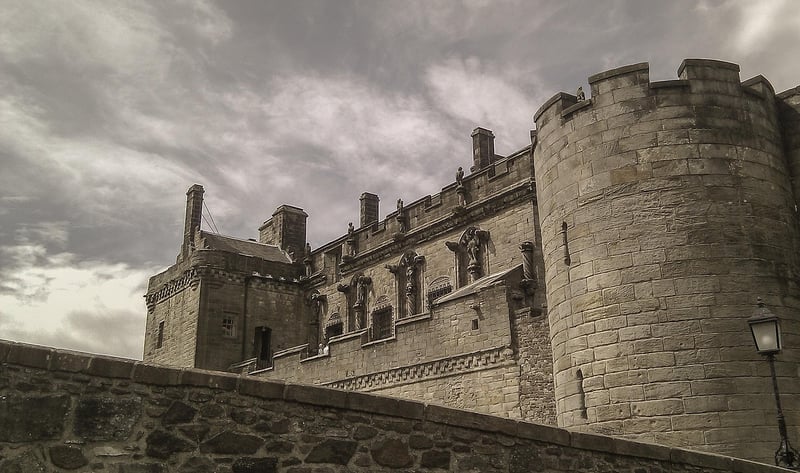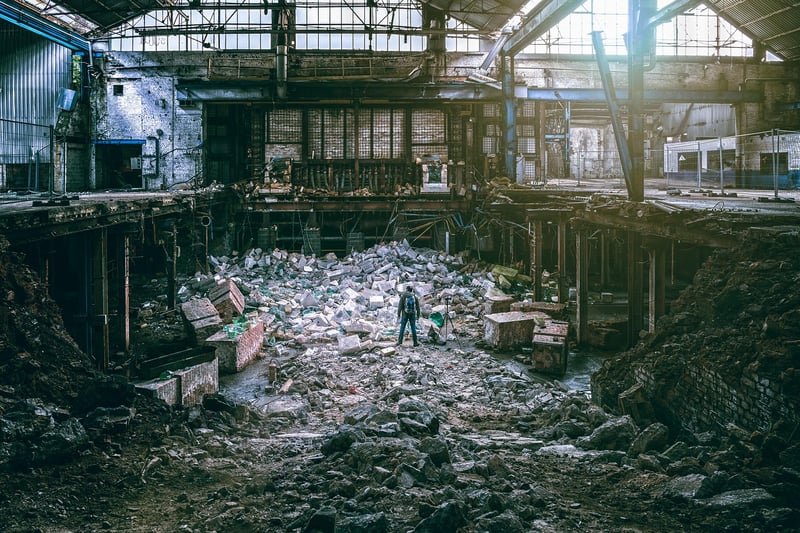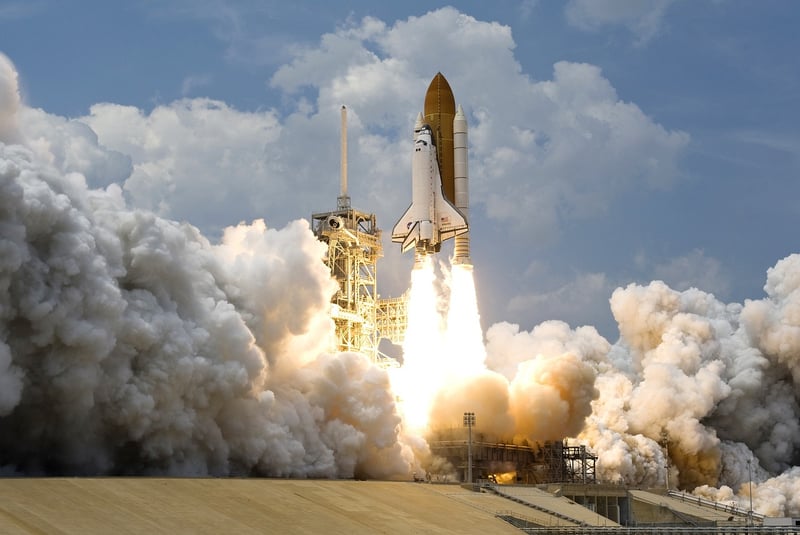Future Exploration
Exploring Different Time Periods and Future Exploration
Introduction
Exploring different time periods allows us to learn about our past, understand our present, and speculate about the future. From ancient civilizations to modern innovations, each era holds unique insights that shape our world today. Let's delve into the diverse time periods and contemplate future exploration possibilities.
Ancient Civilizations
Ancient civilizations like the Egyptians, Greeks, and Romans have left behind architectural wonders, art, and cultural practices that continue to influence society. The pyramids of Egypt, the Parthenon in Greece, and the Colosseum in Rome stand as testaments to their advanced knowledge and skills.

The Middle Ages
The Middle Ages marked a period of feudalism, chivalry, and the rise of powerful empires. Castles, cathedrals, and knights in shining armor characterize this era. The medieval times offer a glimpse into a society structured by hierarchy and honor.

The Industrial Revolution
The Industrial Revolution revolutionized manufacturing, transportation, and communication. Steam engines, factories, and railroads transformed societies worldwide, paving the way for modern industrialization and globalization.

Modern Era
The modern era is characterized by rapid technological advancements, scientific discoveries, and globalization. From space exploration to the digital revolution, this period has reshaped how we live, work, and connect with one another.

Future Exploration
Future exploration holds exciting possibilities, from space colonization to artificial intelligence. Advancements in robotics, renewable energy, and biotechnology are shaping the way we envision our future. The exploration of Mars, deep-sea exploration, and sustainability efforts are key areas of focus.
Conclusion
Exploring different time periods provides us with valuable insights into human history and progress. By understanding our past and present, we can better prepare for the future. Let's continue to explore, innovate, and push the boundaries of knowledge for generations to come.
